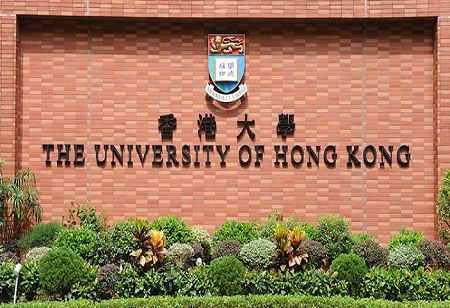A major breakthrough has been achieved by a team of researchers at The University of Hong Kong (HKU), shedding light on the regulation of energy metabolism and bone homeostasis in mice. This discovery holds promise for developing innovative treatments for obesity and osteoporosis. Led by Professor Billy CHOW from the School of Biological Sciences (SBS), Faculty of Science, Professor Kelvin YEUNG from the School of Clinical Medicine, LKS Faculty of Medicine, and Professor Will Wei QIAO from the Faculty of Dentistry, along with their colleagues, the study has been published in the prestigious journal Nature Communications, with Dr. Fengwei ZHANG from SBS serving as the first author.
In their groundbreaking study, the team unearthed a significant role for the hormone secretin, situated within the ventromedial hypothalamus (VMH) of the brain, in regulating both energy equilibrium and bone density. This discovery challenges the conventional notion that secretin primarily functions within the digestive system, highlighting its crucial role within the central nervous system.
Employing sophisticated genetic methods, the researchers altered secretin signaling in mice and witnessed notable effects. They observed that disturbances in secretin pathways within the VMH resulted in heightened appetite, metabolic irregularities, and a substantial reduction in bone density. Conversely, augmenting secretin signals in the same region boosted bone mass without impacting body weight or appetite.
‘Our study opens new doors to treating metabolic and bone diseases. The ability to control appetite and bone density through the brain has significant implications for tackling obesity and osteoporosis,’ notes principal investigator Professor Chow. Looking forward, this research provides new ideas for developing innovative therapies targeting the brain to regulate body metabolism and bone health. The team plans to further investigate the applicability of these findings to human physiology and potential drug development.
The University of Hong Kong is renowned for its interdisciplinary methodology, and this study exemplifies a synergistic collaboration spanning neuroscience, endocrinology, and orthopedics. Further information can be accessed in the journal Nature Communications under the heading 'Secretin-dependent signals in the ventromedial hypothalamus regulate energy metabolism and bone homeostasis in mice'.

